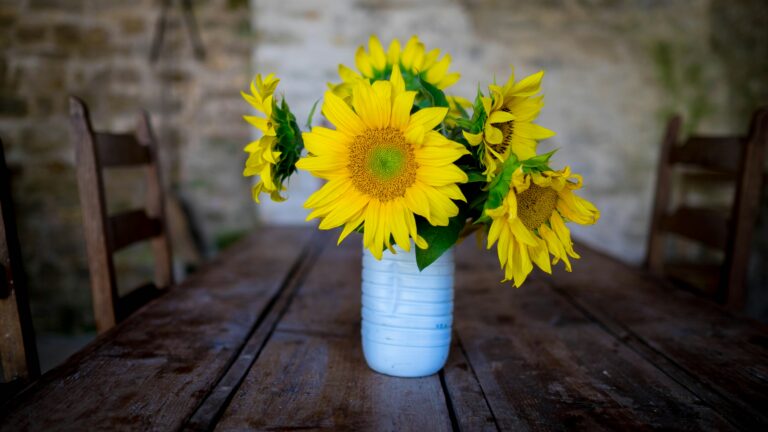“There is a shift toward a more professional and empathetic approach among residency centres. Many organizations show greater sensitivity to mental-health-aware practices, stronger social support networks, and deeper partnerships with local communities and institutions. This reflects both lessons learned from past experience and a growing collective commitment to long-term solidarity with artists at risk,” says Mari-Liis Rebane, chair of the expert group.
Beyond providing safety, residencies offer artists a place apart from the realities of war and political instability—an environment where they can regain focus, experiment, and grow artistically while remaining connected to the broader European cultural field.
“Culture is not only a space of resilience but also a form of soft power—a strategic tool that must be actively used to sustain visibility, dialogue, and influence through artistic expression,” Mari-Liis Rebane adds.
Long-term forms of collaboration prove more sustainable
Six of the 40 residencies that applied were granted funding, for a total of €240,000. The expert group selected a diverse mix of fields, including interdisciplinary practices, dance, and architecture, ensuring a broad and dynamic range of creative work and a balanced geographical distribution between city centres, less populated areas, and rural regions.
“We also highlighted the importance of both experienced residency centres with a proven track record and emerging initiatives that demonstrate genuine commitment, creativity, and the motivation to provide supportive working conditions for Ukrainian artists,” Mari-Liis Rebane says.
The expert group additionally welcomed collective and long-term residency formats, which were viewed as vital for building sustainable artistic networks and deeper collaboration.
“As competition grows, applicants are advised to ensure financial clarity and balance, and to demonstrate a solid track record of residency activity, since the programme primarily supports organizations for which hosting residencies is a key, ongoing commitment,” Mari-Liis Rebane concludes.
See the list of all residencies that were granted funding in this round!

